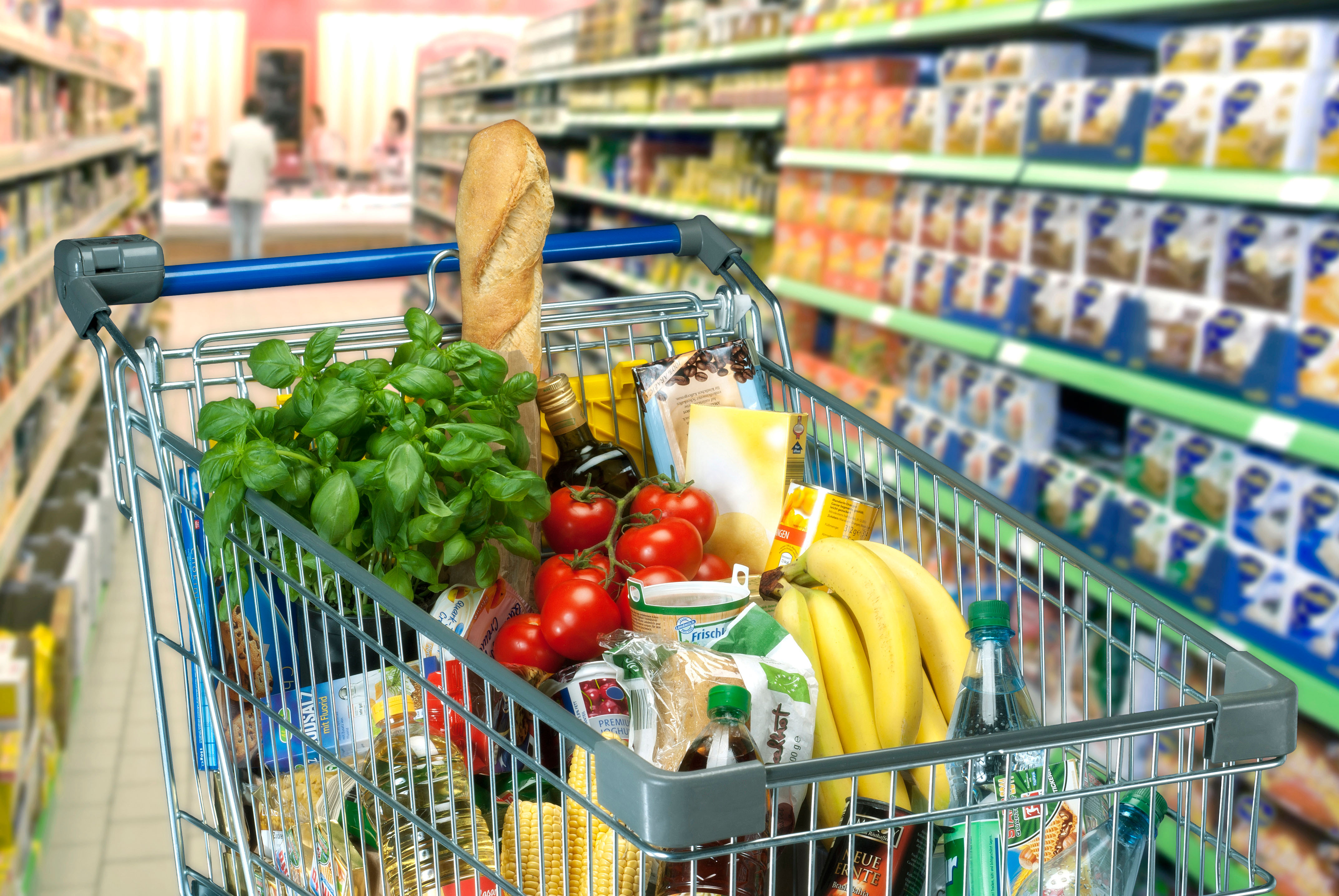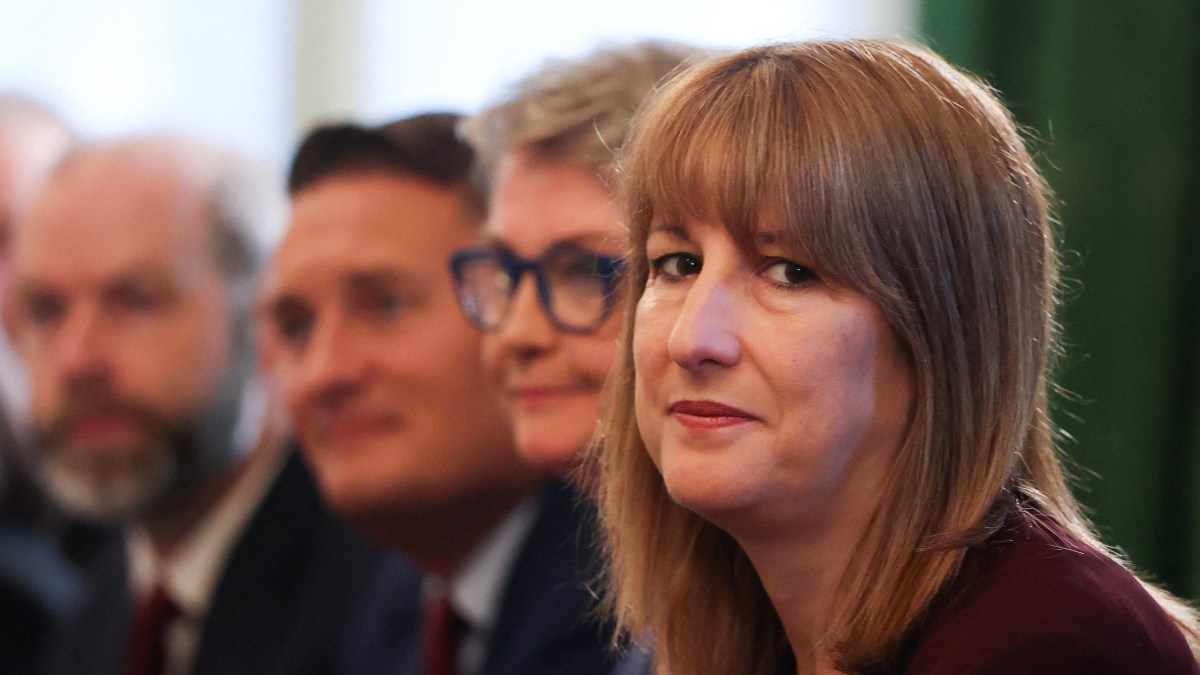Britain will suffer the highest level of inflation of any major economy this year, piling more pressure on household budgets, influential analysis warns.
The Organisation for Economic Co-operation and Development (OECD) said that alongside slowing growth the UK would face an annual rate of inflation of 3.5 per cent by the end of the year, up from 2.5 per cent last year and far above the Bank of England’s target.
Rachel Reeves is now facing questions about how she will avoid worsening inflation in the budget, after last year’s national insurance rises were blamed for pushing up wages and food costs. The chancellor needs to find up to £30 billion to hit her fiscal rules as interest costs from rising debt combine with a retreat on attempts to cut welfare and winter fuel payments.
However, the Treasury is said to be frustrated that about £20 billion of the gap in the public finances is likely to come from a decision by the Office for Budget Responsibility to downgrade productivity estimates that have increasingly appeared optimistic.
The UK’s stubborn inflation this year has made it an outlier among European economies, where average rates have fallen to 2 per cent. The Bank expects headline inflation to peak at 4 per cent in September — double its target rate — and financial markets expect no more interest rate cuts this year.
The OECD lifted its projection for the UK’s core inflation, which strips out elements such as food and energy, by 0.6 per cent to 3.7 per cent. The headline and core inflation rates are expected to be the highest in the G7 group of developed nations for this year.
• David Smith: High expectations make it harder to get inflation down
It means households will face a significant rise in the cost of living amid rising prices in shops and increasing energy bills.

Food prices keep rising
ALAMY
The OECD lifted its projection for the UK’s core inflation, which strips out elements such as food and energy, by 0.6 per cent to 3.7 per cent. The headline and core inflation rates are expected to be the highest in the G7 group of developed nations and above the G20 average for this year.
Reeves seized on the OECD decision to upgrade its economic growth forecast for the UK from 1.3 per cent to 1.4 per cent this year — the second fastest rate in the G7 after the US, which is on course to expand by 1.8 per cent.
“These figures confirm that the British economy is stronger than forecast — it has been the fastest growing of any G7 economy in the first half of the year,” she said. “But I know there is more to do.”
Sir Mel Stride, the shadow chancellor, said: “Labour has put Britain in a high tax, high inflation, low growth doom loop. Rachel Reeves thinks the solution is more tax rises. The UK is now on the edge of stagflation, all driven by Labour’s economic mismanagement.”

